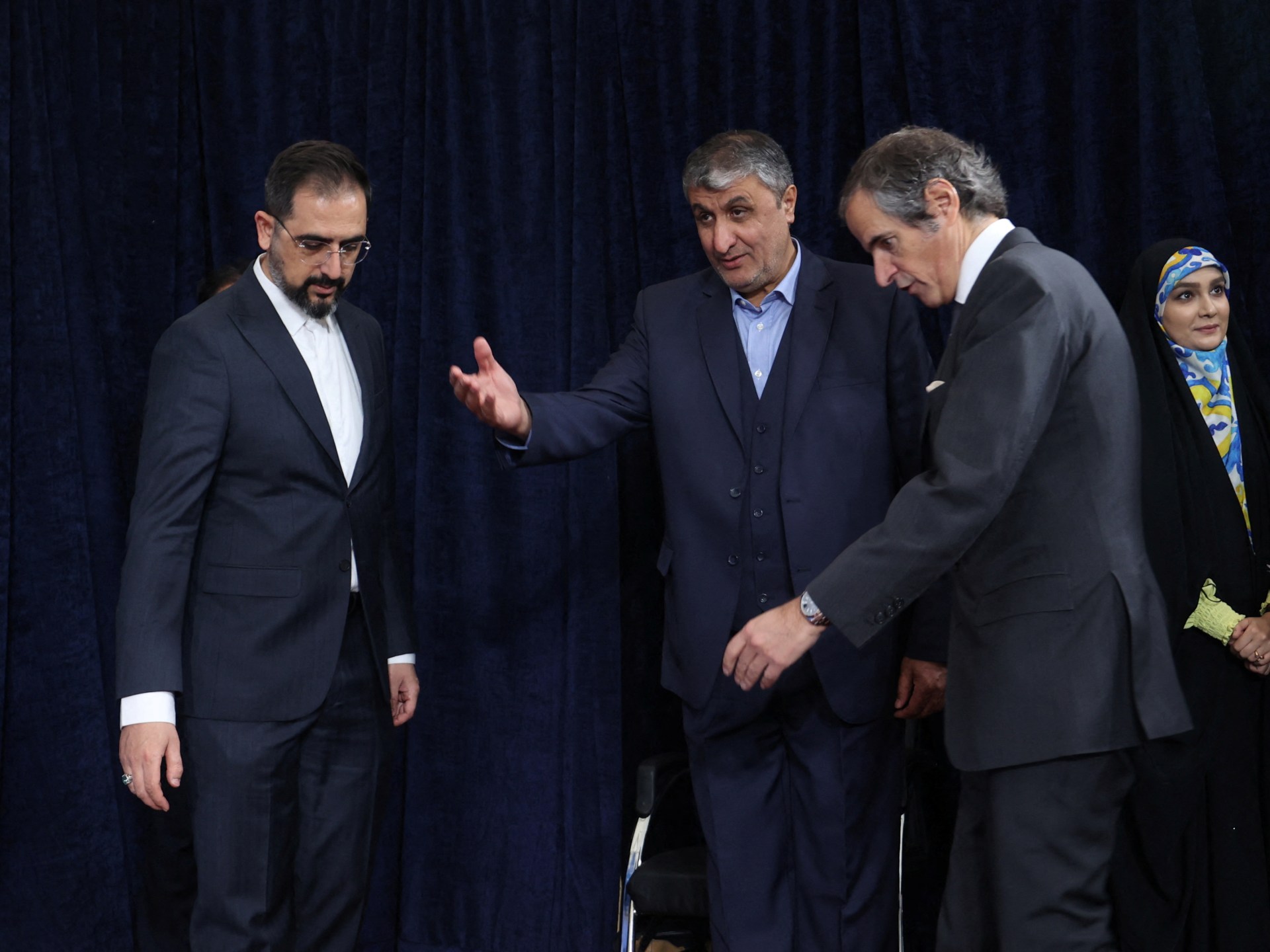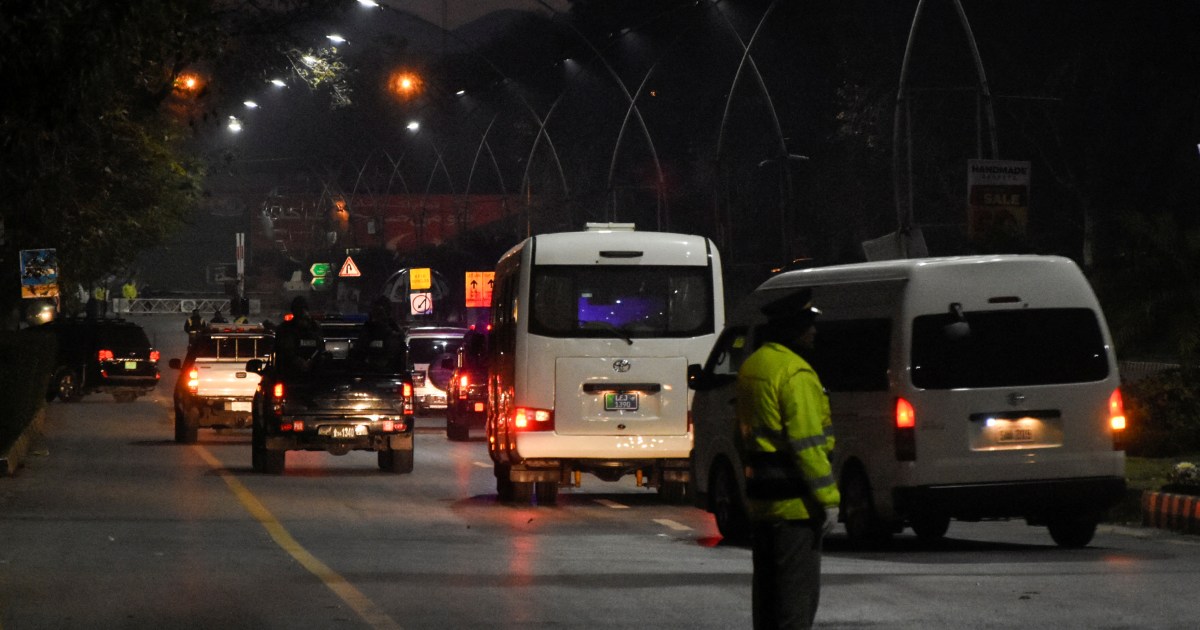North Korea says it conducted successful test of multiwarhead missile
It is the first known test of a so-called MIRV by Pyongyang, but South Korea is questioning the claim.
North Korea claims to have successfully tested a multiwarhead missile, a sophisticated weapon that would provide it with the means to overwhelm missile defences in the continental United States, after a launch that South Korea and Japan said had ended in failure.
Pyongyang “successfully conducted the separation and guidance control test of individual mobile warheads” on Wednesday, state news agency KCNA reported. The separated mobile warheads “were guided correctly to the three coordinate targets”, and a decoy that separated from the missile was verified by radar.
“The test is aimed at securing MIRV capability,” it said, referring to multiple independently targetable reentry vehicle technology, which allows multiple warheads to be fired on a single ballistic missile.
North Korea has been developing its weaponry as leader Kim Jong Un seeks to modernise the country’s military. A multiwarhead missile was among the weapons he said the country would pursue during a ruling party meeting in early 2021, where he also mentioned spy satellites, solid-fuel intercontinental ballistic missiles, hypersonic weapons and submarine-launched missiles.
“I had been anticipating a MIRV test for some time now, as this was one of the last remaining items on Kim Jong Un’s modernisation wish list from the Eighth Party Congress back in January 2021,” said Ankit Panda, a senior analyst at the Carnegie Endowment for International Peace.
Panda said Wednesday’s test appeared to be an initial evaluation of some of the key subsystems to develop a workable MIRV. He expected more tests to follow, leading up to a launch of an intercontinental ballistic missile (ICBM) on a lofted trajectory.
“The presence of decoys is significant. North Korea has made no secret of its intention to stress and overcome US homeland missile defences,” Panda said. “Decoys will assist in that endeavour and will likely be incorporated onto their single-warhead missiles as well.”
The KCNA report came a day after South Korea’s military said that Pyongyang had launched a possible solid-fuelled hypersonic weapon that had exploded in midair, while Japan reported debris had fallen into the waters off North Korea’s east coast.
South Korea’s military said a joint analysis with the US military suggested the missile blew up in its initial stage of flight, and the weapon tested was not as KCNA described.
“Today North Korea disclosed something, but we believe it’s simply a means of deception and exaggeration,” Lee Sung-joon, the spokesman for South Korea’s Joint Chiefs of Staff, told a briefing.
The photos released by the North purporting to be of Wednesday’s test were also most likely fabricated or recycled pictures from a previous launch, he said.
Panda said it appeared that Seoul “misinterpreted the nature of this test initially”.
South Korea, the US and Japan condemned the launch as a violation of United Nations Security Council resolutions and a serious threat, and warned against additional provocations in the wake of last week’s summit between Kim Jong Un and Russian President Vladimir Putin, during which the two leaders signed a mutual defence pact.
Wednesday’s test was the North’s first weapons launch since it fired nuclear-capable multiple rocket launchers to simulate a preemptive attack on South Korea almost a month ago.
In recent weeks, North Korea has also floated numerous rubbish-filled balloons across the border to the south in what it has described as a tit-for-tat response to South Korean activists sending political leaflets via their own balloons. In response, South Korea on June 9 briefly conducted propaganda loudspeaker broadcasts at border areas for the first time in years.




